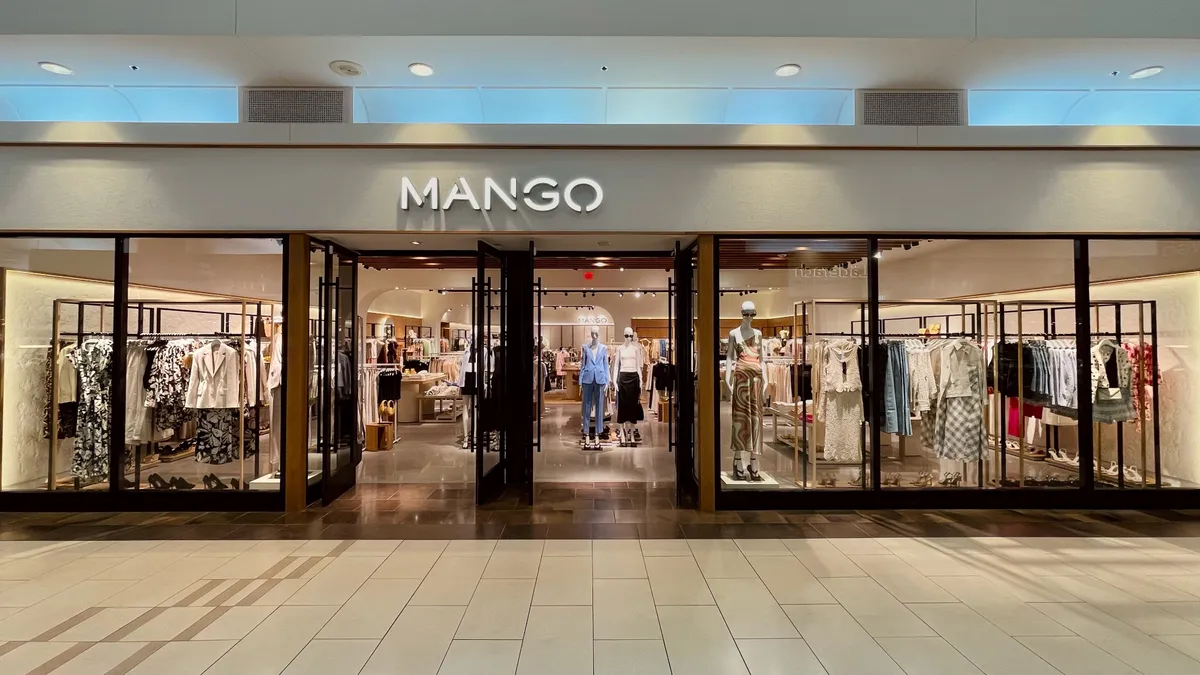In Case You Missed It
- Amazon is testing its Seller Flex service in the U.S., here's what we think.
- The service is all about supply chain efficiency, the next big retail disruptor.
- It takes a village to achieve that goal, though, starting with store managers.
Market Snapshot
Economists still have a lot to learn from hurricanes, and while tragic, the past three experiences have left countless lessons and data points for analysis.
Each week we write about a new development. It could be how construction supply prices soar, the rising costs of fuel or simply the difficulty of transporting aid to battered areas like Puerto Rico. Each piece adds a new dimension to a seemingly dynamic puzzle.
This week's question, raised today by The New York Times' after its jobs report, is: what is the economic effect of hurricanes? Beyond short-term supply and demand fluctuations, will the economy grow from the rebuilding efforts or fall from disruptions and losses?
It's a complex topic to address, but first a few data points to get you thinking. Auto sales have risen quite dramatically since the hurricanes (12%) forcing supply chain managers to consider whether to ramp up production accordingly. The tragic truth is storm-afflicted regions need to replace their losses, and this is helping business in some industries.
However, that's not necessarily good news for the economy. After all, those investments into new cars and home repairs drain households' disposable income. What could have been used for holiday gifts is being spent on more vital needs. And, the latest job report shows it may not be a temporary disruption for many: The Times reports the U.S. lost 33,000 jobs in September.
Hyperlocal and regional data will clarify these questions, but a hunch says that despite its benefits to some industries, natural disasters will have a far more severe long-term impact on an economy characterized by tepid growth.
Technically Speaking
DHL plans to test its PostBOT, a small artificial intelligence (AI) robot that assists mail carriers, in the German town of Bad Hersfeld for six weeks to see if it can save the city money and streamline mail delivery operations. DHL isn’t new to AI robots — its EffiBOT is for assisting warehouse workers — but the company definitely specializes in developing assistants for human workers instead of focusing on robots that assume all human tasks.
Speaking of AI, Google just announced a partnership with Rolls-Royce to allow the engineering company to use its cloud-based, AI software to teach autonomous ships to “detect objects” in the ocean, according to Port Technology. That’s in line with the ongoing trend to automate and use AI to cultivate efficiency in supply chains.
In RFID innovation, RFID solutions company Impinj released a new RFID tag that includes a chip that allows retailers to adjust privacy and security settings for the data, according to RFID Journal.
Breaking Ground
UPS is getting ready for peak season and taking it seriously — the logistics company’s Port of Tacoma distribution center is about to open and hire 200 people for the holidays, according to KIRO 7, and plans to add another 800-12,000 jobs in the long term.
That’s not the only activity on the West Coast this week: Port of Oakland announced an $11 million project to add a rail link to its Cool Port project, to assist cold chain exports, Logistics Management reported.
In other news, Bimbo Bakeries will open a 17,000 square foot distribution center in Burlington County, New Jersey and Walmart Mexico and Central America announced it will increase its investment in a Yucatan distribution center from $35.6 million to $52 million, the Yucatan Times reported. As Amazon keeps snapping up space for distribution and fulfillment, Walmart is likely feeling the pressure to amp up its warehouse game, especially in international markets, where Amazon is a dominant player.
Mergers and Analysis
The battle over e-commerce dominance is not limited to the U.S. The developed world, at large, is benefiting from a growing list of competitors in the space attempting to challenge Amazon's grip on the online market.
Or, in some cases, partner with the e-commerce giant to share in the spoils. Kohl's did this in the U.S. to much fanfare. Now, Amazon is taking a similar approach in France: Reuters reports the company is looking to partner with French retailer Leclerc to optimize its logistics chain.
In Canada, though, Amazon may soon see its market share tighten due to growing competition. The Wall Street Journal reports grocery-delivery startup Instacart is expanding north of the U.S., spurred by Amazon's deal with Whole Foods.
The grocery space is heating up in Canada, raising the potential for further mergers or partnerships. In fact, one happened recently, but not between two grocers. Metro, a large Canadian grocery chain, offered to buy Jean Coutu Group, a Canadian drugstore, for $3.6 billion this week.
Whether it's Amazon looking for new partnerships, grocers seeking mergers or startups expanding their footprint, businesses are racing to reach consumers' pockets ahead of the holiday season.






















